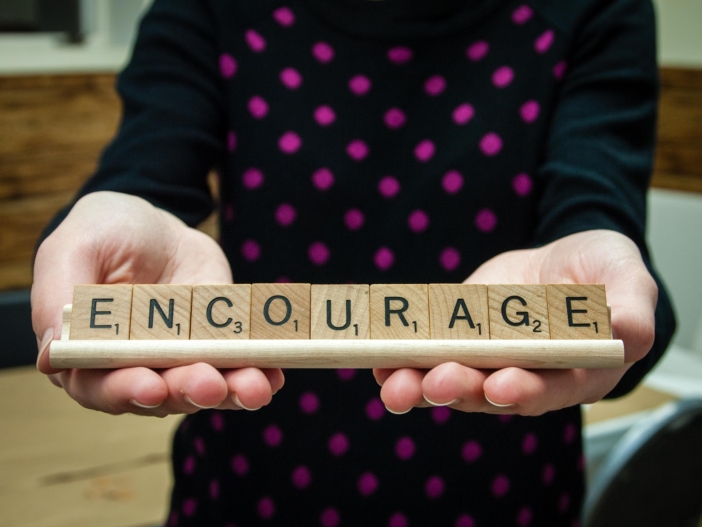How Kindness Increases Change Capacity
By Katherine Sanders and Patrick Farrell
INTRODUCTION
It might seem odd to talk about kindness as a strategy to increase capacity for change, but we see it as a practical necessity. Kindness at work is often thought of as a friendly attitude, a considerate mindset or civility. However, those aren’t the definitions we have in mind. Those are great attributes, but we are thinking of even more.
The Role of Kindness in the Workplace
Kindness can be a descriptor of an organizational norm or a planned way for groups to interact. When moved into daily decision-making at work, this type of kindness can mean the difference between an organization having the capacity to engage in change initiatives, or not.
Kindness is a completely practical foundation for workplace leadership. Two main themes underlying the kindness we are thinking of are:
1. Recognizing and honoring human capacities
2. Openness to and encouragement for developing new skills & structures
Kindness is a foundation for change capacity because our colleagues are humans with finite and ever-changing emotional, cognitive, creative, physical and social capacities and varying levels of time availability and concurrent commitments. Some of our people might be stretched in a number of ways, while others remain unchallenged, or feel uninvited to contribute.
These are also the capacities we rely on when we ask our people to engage in change initiatives. If we’ve run our people into exhaustion and overwhelm on a daily basis, we can’t be surprised when they resist change initiatives that ask even more of them.
Kindness can frame daily leadership decisions as either helping to ensure that our people are within their capacities or as pushing them over the edge in one or more category, leading to exhaustion and/or cynicism. It can also frame decisions that invite them to put their untapped capacities to work, and to develop new ones.
Kindness in practice informs how we work together on a daily basis, not only in honoring realistic human capacities, but also in helping our people to grow in the skills necessary to engage change effectively. For example, we might ask ourselves:
• How am I helping our people grow as individuals?
• How am I helping our group improve as a team?
• How can I protect our people from distractions and/or fear-inducing outside actors?
If we pay attention to these kindness-focused capacities and questions on a daily basis, we will find that our people have the capacity and skills necessary to engage in change initiatives.
MISSED OUR WEBINAR?
Watch the entire recording here.




